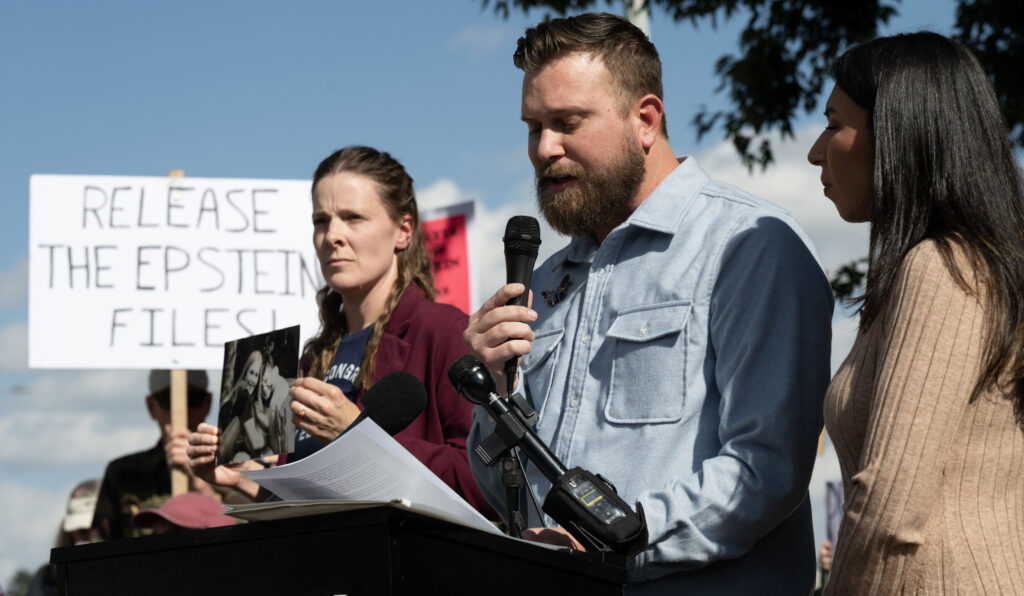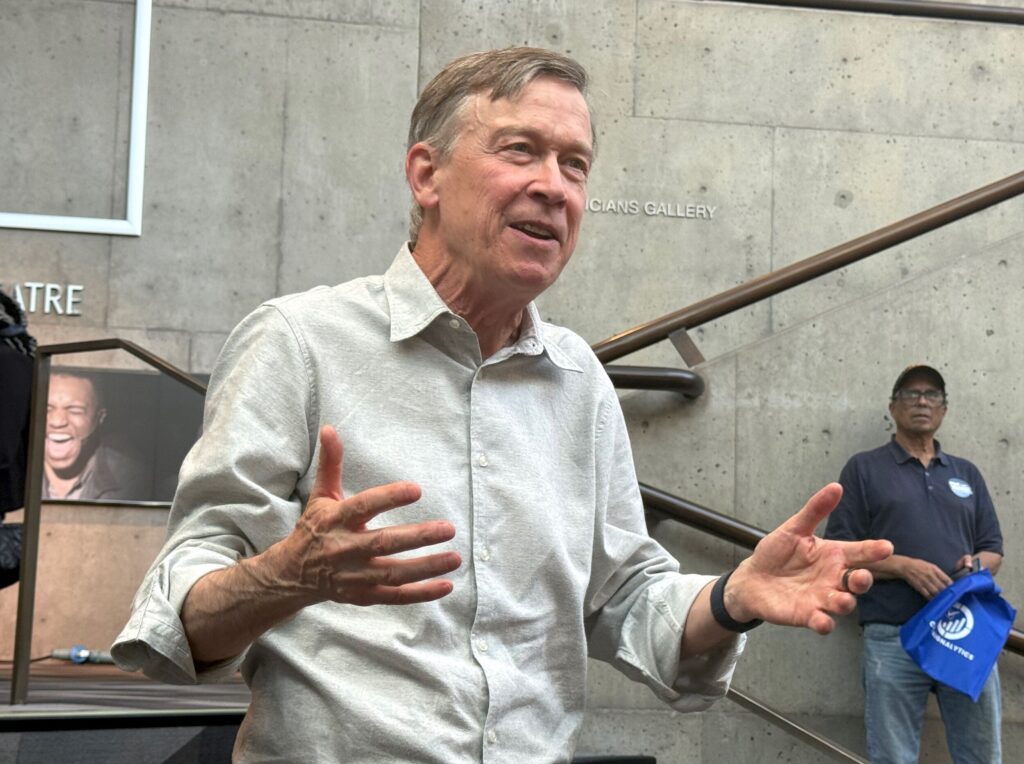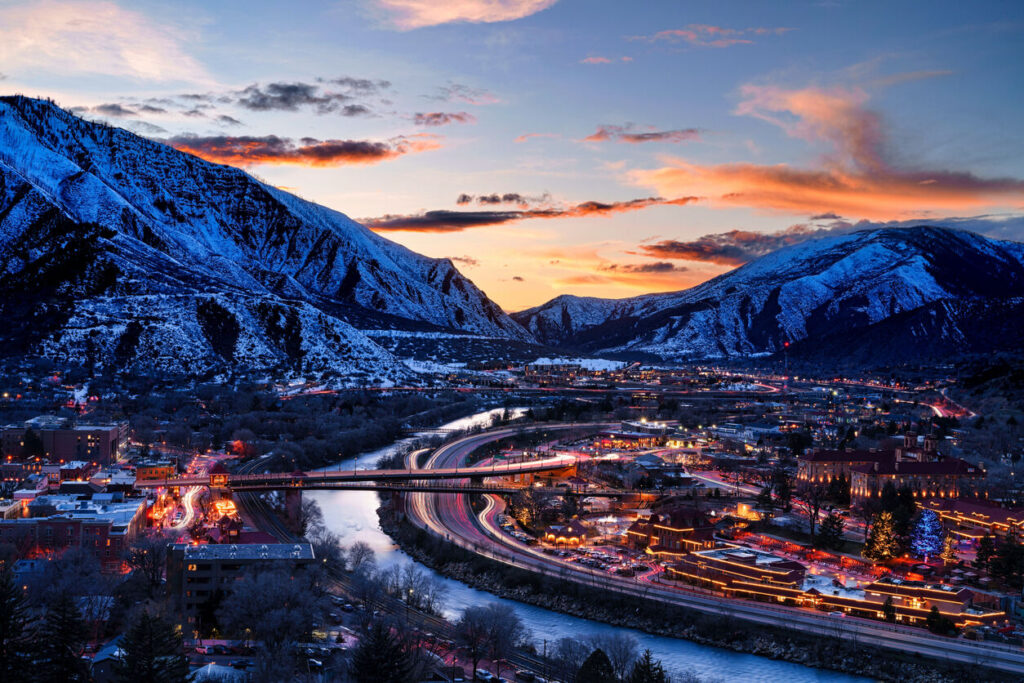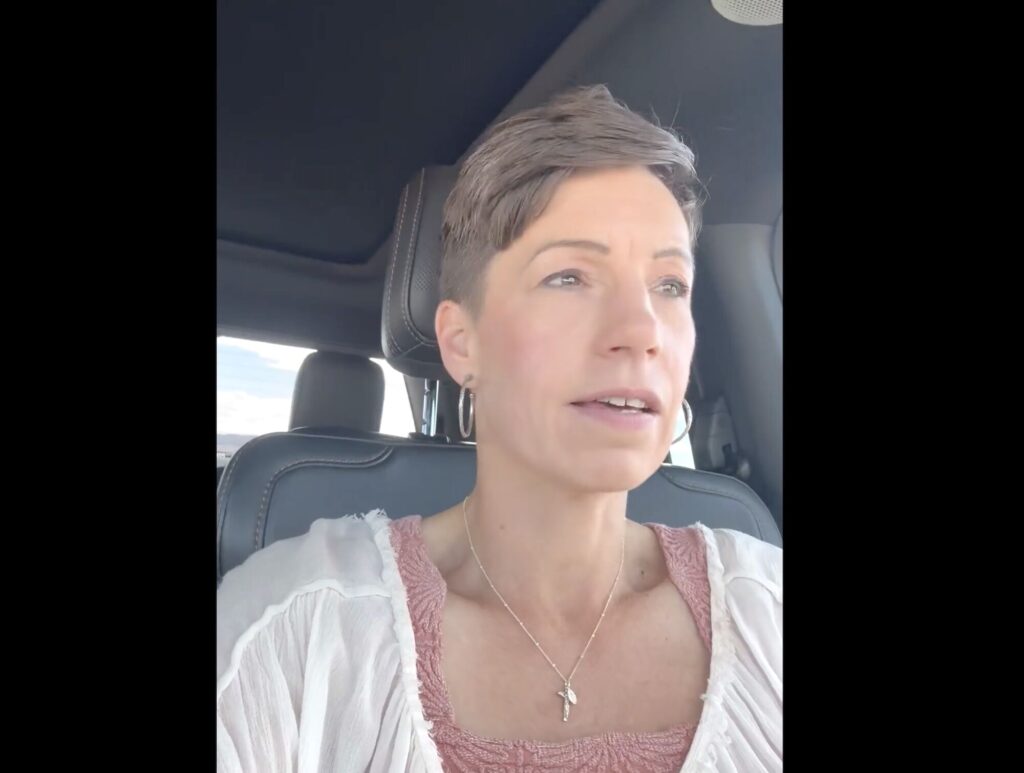Arizona puts abortion rights on the ballot as record number of signatures verified | OUT WEST ROUNDUP
ARIZONA
Abortion rights measure qualifies for ballot
Arizona voters will get to decide in November whether to add the right to an abortion to the state constitution.
The Arizona secretary of state’s office said on Aug. 12 that it had certified 577,971 signatures — far above the required number that the coalition supporting the ballot measure had to submit in order to put the question before voters.
The coalition, Arizona for Abortion Access, said it is the most signatures validated for a citizens initiative in state history.
Democrats have made abortion rights a central message since the U.S. Supreme Court overturned Roe v. Wade in 2022 — and it is a key part of their efforts in this year’s elections.
What you'll see on the Colorado ballot this November, what's pending and what didn't make the cut
Arizona law currently bans abortions after 15 weeks. The ban, which was signed into law in 2022, includes exceptions in cases of medical emergencies but has restrictions on non-surgical abortion. It also requires an ultrasound before an abortion is done, as well as parental consent for minors.
The proposed amendment would allow abortions until a fetus could survive outside the womb, typically around 24 weeks, with exceptions to save the mother’s life or to protect her physical or mental health. It would restrict the state from adopting or enforcing any law that would prohibit access to the procedure.
Opponents of the measure say it goes too far and could lead to unlimited and unregulated abortions in Arizona.
Tribe wants transmission line replaced
SAN CARLOS APACHE RESERVATION — San Carlos Apache Tribe Chairman Terry Rambler wants answers after the northern half of the southeastern Arizona tribe’s reservation was without electricity for 21 hours in early August following a storm that blew down a major electrical transmission line.
“This kind of electrical failure is usually equated with developing countries, not the United States,” Rambler said in a statement on Aug. 12.
Tribal officials call the transmission line obsolete, saying it routinely fails and leaves reservation residents and businesses without power — sometimes for days.
He’s scheduled to meet with Interior Secretary Debra Haaland in Washington next month to talk about funding solutions to prevent future outages, he said.
Xcel Energy moves dirt on phase 2 of Power Pathway Project
The transmission line, in a remote area between Coolidge Dam and Winkelman, dates back to 1924 when the U.S. Bureau of Indian Affairs established the San Carlos Irrigation Project to provide electricity to residents on and off the reservation, and irrigation water and pumping to private landowners.
The tribe said it has repeatedly asked federal authorities to replace the transmission line located in a remote area between Coolidge Dam and Winkelman.
Between 2010 and 2022, the Office of Indian Energy invested over $120 million in more than 210 tribal energy projects implemented across the contiguous 48 states and Alaska.
But there’s been little talk about investments being made for modernizing electrical grid systems on the San Carlos reservation that encompasses 1.8 million acres across parts of three Arizona counties.
UTAH
13 books banned at schools under new law
Thirteen popular books have been banned from all public schools in Utah in the first wave of bans expected under a new law that prohibits books when at least three of the state’s 41 school district boards claim they contain pornographic or indecent material.
Allowing just a few districts to make decisions for the whole state makes the law one of the most lenient for book banning in the United States, according to PEN America, an organization that advocates for free speech and tracks book banning around the U.S.
The state education board released its first list of banned books this month, which includes a popular young adult novel series by author Sarah J. Maas called “A Court of Thorns and Roses” and books by Judy Blume and Margaret Atwood. The state’s two largest school districts, which are located in conservative parts of the state, led the charge to ban the books.
The books are still available at public libraries, but under the law, public school libraries have to get rid of the books, They cannot be sold or distributed, the state said.
Across the nation and in Colorado, partisan cultural battles create blizzard of school-related lawsuits
Utah Board of Education member Natalie Cline said the list of banned books falls far short, saying that tests for literary value in books is “absurd” and “subjective.”
Cline added that all sexually explicit content, including in science or medical classes that the new law permits, should be out of K-12 schools, citing the state’s criminal code.
Another board member, Carol Lear, thinks the new law is overbearing in allowing some parents’ concerns to govern the choices of other parents across the state.
WYOMING
Cheyenne Frontier Days impact measured
CHEYENNE — This year’s Cheyenne Frontier Days made a big impact on the community, coordinators said, ending the 128th anniversary “Daddy of ’em All” with great success with its ticket sales, new developments and the “Year of the Cowgirl” theme.
On June 28, officials held an unveiling ceremony for a new bronze statue titled “How ‘Bout Them Cowgirls,” by Wyoming sculptor D. Michael Thomas, placed next to the Chris LeDoux statue on the western edge of Frontier Park. Champions in the women’s ranch bronc riding, breakaway roping and barrel racing were each awarded a miniature version of the cowgirl statue.
More than 1,500 contestants competed in the $1.2 million rodeo. To start off with a bang, Chet Weitz, a 23-year-old tie-down roper from London, Texas, set an arena record at 9.1 seconds. Through all nine rodeo performances, 115,494 fans were in attendance, compared to 116,960 last year.
Denver saw another record year of tourists, new report shows
Tom Hirsig, the CFD CEO, said July 27 was likely the busiest day of Frontier Days in terms of ticket sales. Thomas Rhett performed that night, and the rodeo was sold out.
Frontier Nights saw 119,793 in attendance, compared to 134,134 last year.
On top of rodeo and night show tickets, there were 28,353 gate admission tickets sold, bringing total attendance over the 10-day event to 263,640.
The Behind the Chutes Tours were one of the more popular free activities, where almost 4,000 people had the opportunity to get up close to the rodeo livestock and the arena. The Native American Indian Village was also very high in popularity, with approximately 35,948 people exploring the grounds.











